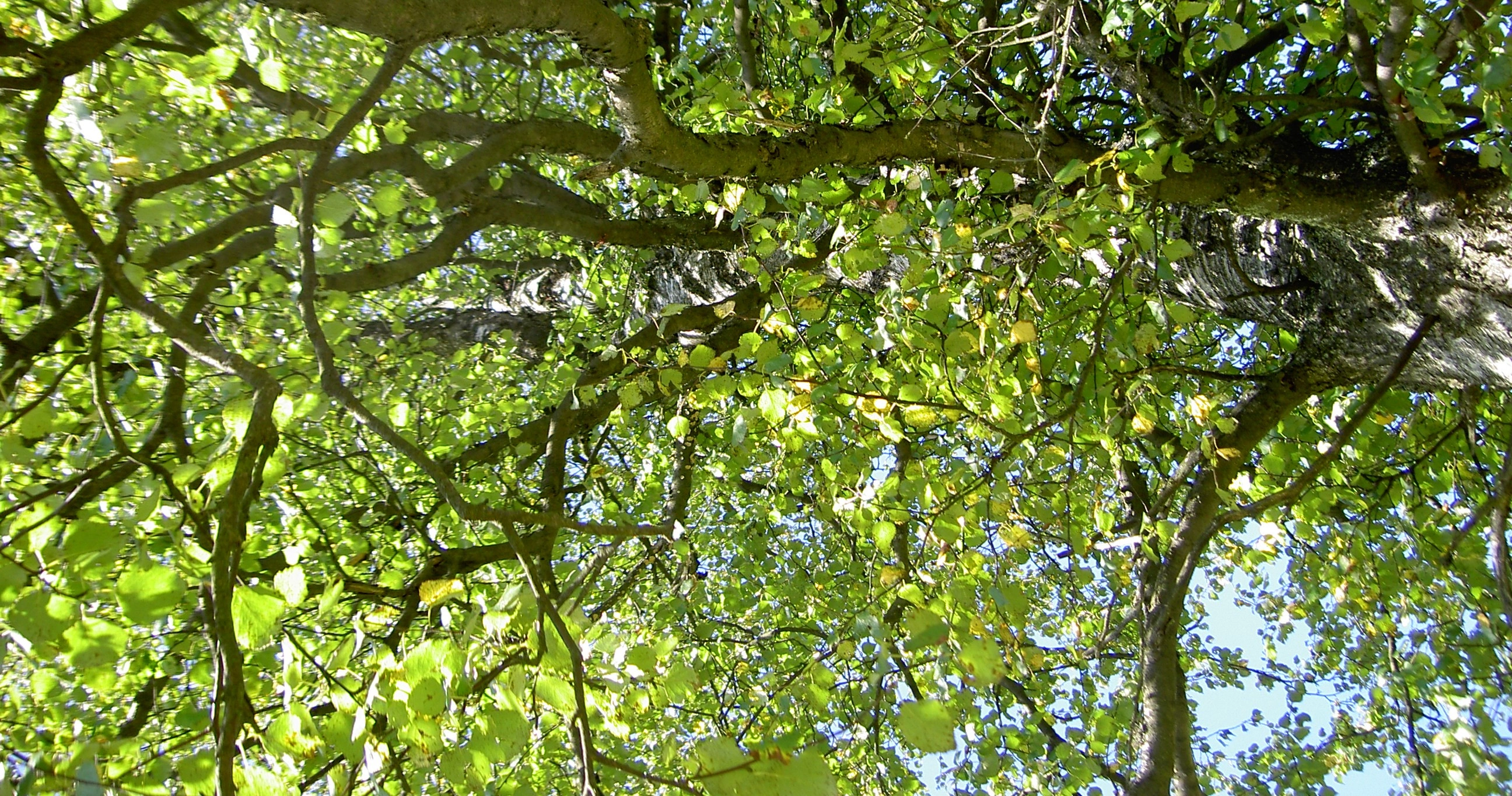
Narratives

Stories from earlier times
A little tale from our village Neuhaus from the former
before and around 1930, about old and very poor people and how they
poor people and how they had to live, because at that time there was no
"social network" did not yet exist.
I am thinking of an old beggar who came to us, called the "Rören-Dotschen".
called the "Rören-Dotschen" and would pray his Lord's Prayer in our hallway
for a piece of bread or a warm bowl of soup. In our
doors were never locked during the day, there was no bell either
there was no bell and anyone could come in without knocking.
If someone really did, you had to let them know that a stranger was coming.
From Sauersack came "Saafen- Lori", a young woman who was
who announced with the words "Saaf, Saaf" that she had soap to sell,
that she had soap to sell. The heart of the Erzgebirge was
merciful, she was rarely sent away empty.
An old street musician went from house to house playing his violin and
his violin and sang along. Mostly the song: "In the Grunewald, in the
In the Grunewald, there's woodwork...". He tried to cheer people up with all kinds of
with all kinds of jokes, and he knew how to do it. His
his lower lip until it went over the tip of his nose.
tip of his nose.
The old "Aschkarlmarie" came from Frühbuß with her
basket full of bread rolls. When you think of how she trudged through the snow in the winter
through the snow in the winter and that our houses were scattered
scattered on the mountain slopes, it was not easy to earn a living.
it was not easy to earn bread. She was very fat and we often wondered why,
probably from the leftover bread she had to eat at home.
she had to eat herself at home.
Peddlers came with their suitcases on their backs and offered underwear, socks
underwear, socks, woolly hats, colourful jumpers and the like.
and the like. We children stood around the table with wide eyes.
around the table. The goods were spread out on it.
Old Markus" was the basket weaver. He carried a bundle of
a bundle of willow rods, usually just split spruce roots that he had
spruce roots that he dug up in the forest and used to weave new bottoms
into the baskets.
Not to forget the "Slovaks", who from the poverty of their homeland hiked into our
from the poverty of their homeland to the Erzgebirge.
their goods, consisting of brushes, combs, pocket knives and the like,
pocket knives and the like, right down to the mousetrap. I have not
one of them used to say in his broken German: "Leute g
German: "Leute gauft (buy) Mausefalle, Mausefalle is better than Gatz (Katz).
better than Gatz (Katz), Gatz shits itself in Gammer (Kammer)".
A local name was the "old Resl". She spent almost all her life in the
farmers in the Egerland. When she was no longer needed
she was deported to her home village. She was taken in by the
where she was given board and lodging in a different house every week.
in a different house every week. So Resl went with her few belongings
her few belongings in her humpback basket, she went on to another house every
house, always following the house numbers. If she was in a good
she would sing her little song to us children:
"Oh Fränzel you are my life, oh Fränzel I am so good to you...".
so good...".
I don't think she fared too badly, because our mothers
because our mothers didn't want to be accused of it,
that Resl was not properly looked after and fed.
Sometimes one likes to think back to the old days.
back.
Ernst Ullmann